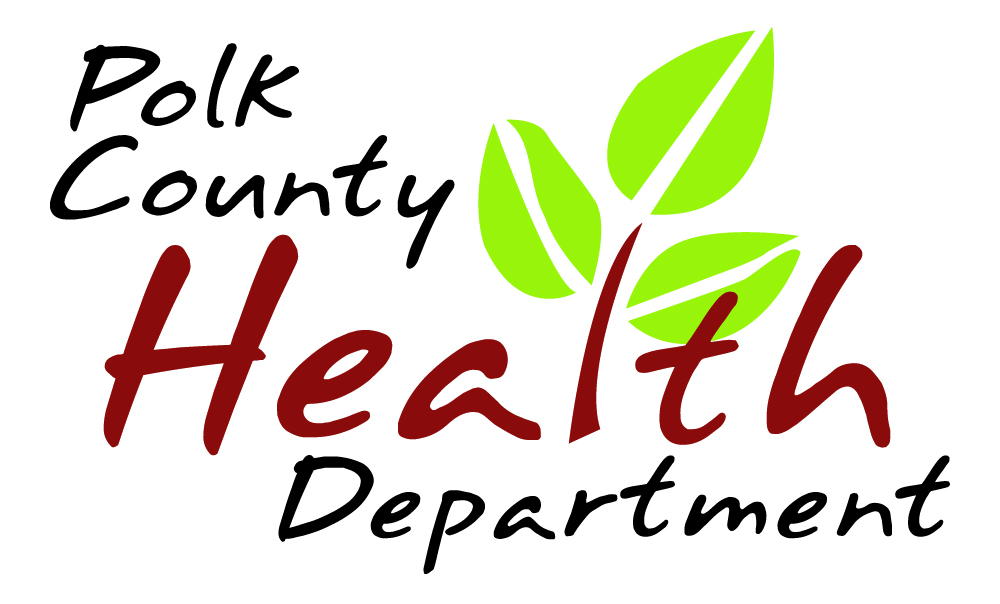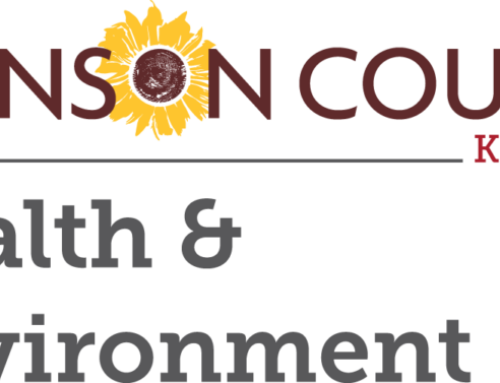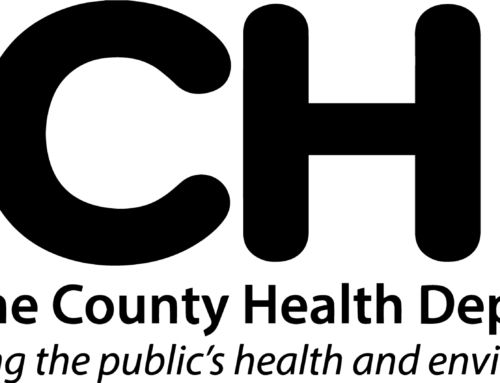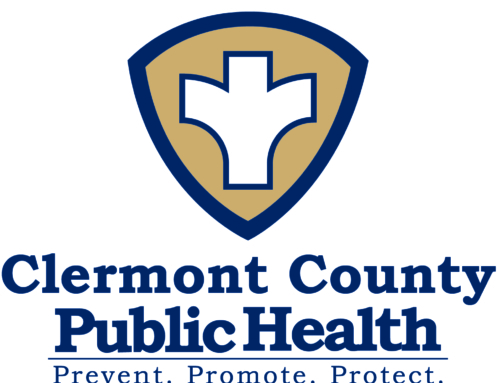Project Description

“Accreditation has shown us how to do more with less, and still provide excellent services.”
Accreditation Brings New Sense of Empowerment and Shared Ownership to Polk County Health Department Staff
By Brian Kaczmarski and Gretchen Sampson, RN, MPH
For the Polk County Health Department (PCHD) in Balsam Lake, Wisconsin, the biggest benefit of becoming PHAB-accredited has been in the area of Performance Management/Quality Improvement (PM/QI). Prior to the accreditation process, there was minimal awareness of PM/QI and what the impact of a robust agency PM/QI system could be. A Performance Management Plan was developed early on in our accreditation journey and training was conducted, but we knew (and PHAB agreed!) that an opportunity for improvement existed in the area of quality improvement and performance management and duly noted such on our Site Visit Report.
Initial efforts to implement PM/QI processes were met with resistance and viewed as “just one more thing” to do. As part of strengthening this area, PCHD developed PM/QI expertise among three staff via participation in online, regional and statewide trainings. These staff became the agency grassroots champions and worked to educate the rest of the staff on the benefits and processes of PM/QI. By showing staff real examples of program performance measures and how simple a QI process could be when performance measures are stalling out, staff began to see the benefit of PM/QI firsthand and realized that the formal process actually did work, and created more job efficiency and ultimately better health outcomes in agency programs. Slowly, problem areas in day-to-day work functions or program processes were seen as opportunities for improvement. Staff had a major voice in improving their programs, processes, and work responsibilities. Rather than looking at lagging performance measures as a sign of poor job performance, staff viewed it as a ‘trigger’ to implement QI activities. They owned their ability to make change, creating a sense of empowerment and control of their day-to-day operations and changes made to their programs and work processes. They view benchmarks and performance monitoring as positive rather than negative. Accountability is viewed as a good thing, not one more thing they are being judged on. The entire climate of the department has shifted from a perception of lack of control to one of shared ownership of agency performance. They control the direction of their programs, and they are confident that there is a proven method in place to systematically guide them to overcome barriers to success.
In addition to the shift in culture, this process has led PCHD to implement a web-based, interactive PM/QI system that has made the documentation of performance measures and quality improvement activities consistent and efficient. Real-time performance management, performance monitoring, and targeted quality improvement efforts all happen within this system, leading to increased and timelier interventions when needed.
Polk County Health Department in Balsam Lake, Wisconsin, was awarded national accreditation through the Public Health Accreditation Board on May 30, 2013.
About the authors: Brian Kaczmarski serves as Director of the Polk County Health Department in Balsam Lake, Wisconsin. Gretchen Sampson, RN, MPH, serves as Director and Community Services Division Director/Health Officer, at Polk County Health Department. Contact Mr. Kaczmarski at [email protected], or 715-485-8560. Contact Ms. Sampson at [email protected], or 715-485-8506.




